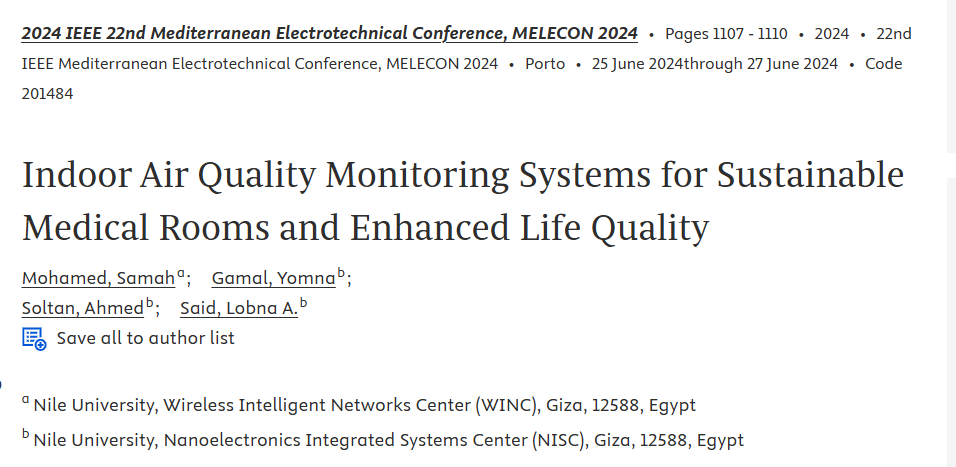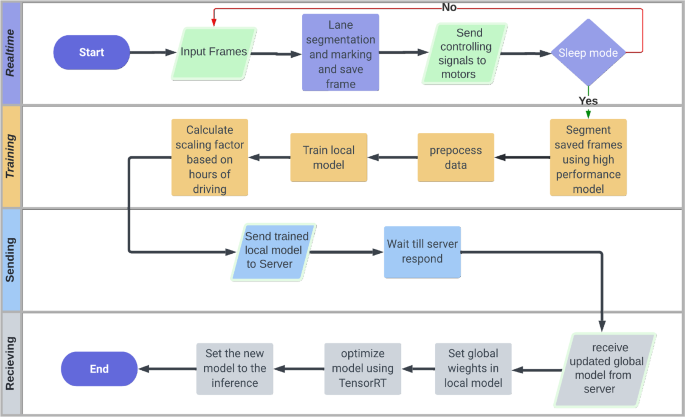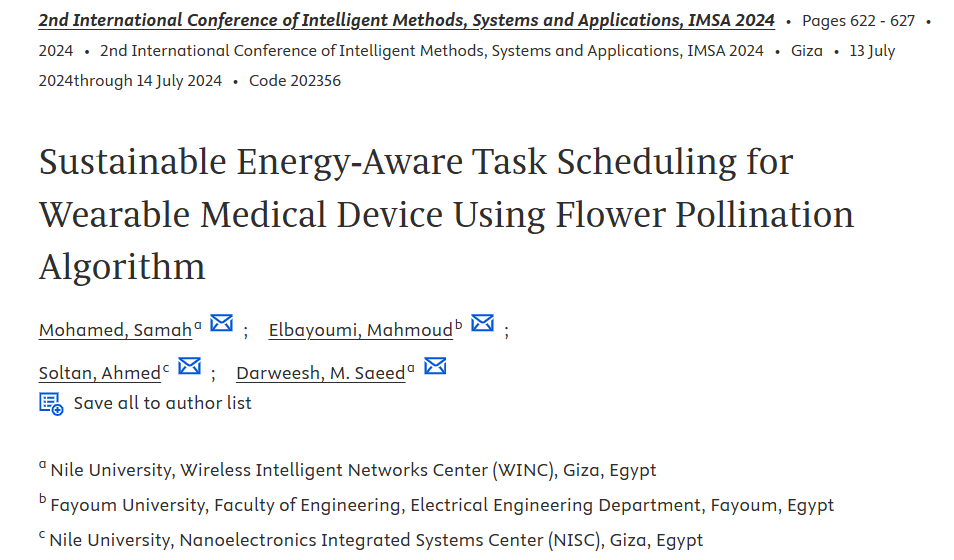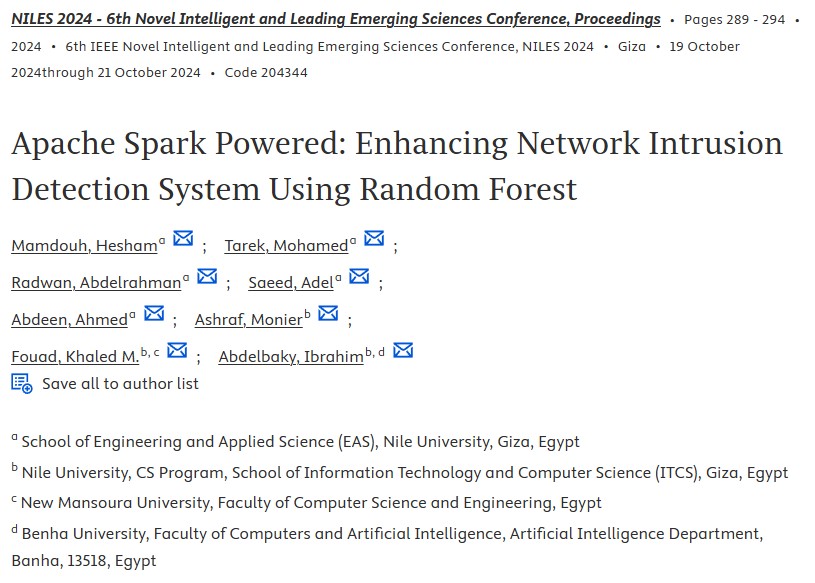Towards optimal power control for delay-constrained cognitive radio networks
In this paper we study the problem of optimal power control for a Z-interference channel abstracting an underlay cognitive radio network where the secondary user has delay constraints. More specifically, we minimize the packet drop probability at the secondary user (equivalent to delay bound violation probability) subject to quality of service (QoS) constraints at the primary and secondary users, among other constraints. Towards, this objective, we develop a mathematical framework using Markov chains and formulate a constrained optimization problem. First, we assess the complexity of the problem which is found to be non-convex. Motivated by the sheer complexity of characterizing the global optimum for the problem at hand, we resort to known non-linear problem solvers which guarantee only local optimality. Nevertheless, our proposed solution approach outperforms [1] for plausible scenarios of the point-to-point fading link studied therein. Our numerical results reveal interesting insights about the power control policy that minimizes the delay for a cognitive network in a Rayleigh fading channel. Furthermore, it demonstrates the effect of tuning both the delay constraint and the cross channel mean on the resulting power control policies. © 2015 IEEE.




